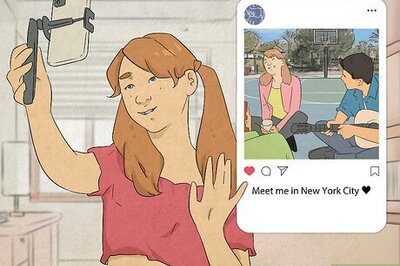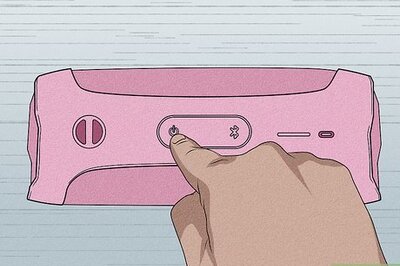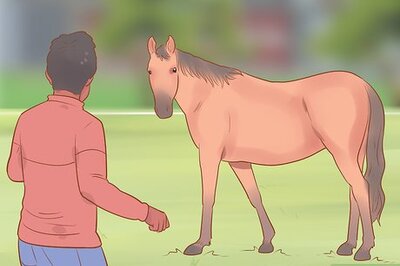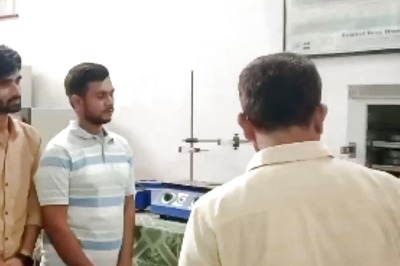
views
The Supreme Court of India on Tuesday upheld the regulations laid down by the Central Adoption Resource Authority (CARA), that restrict same-sex couples from adopting children. In a 3:2 verdict, the majority of the bench, comprising Justices Sanjay Kishan Kaul, S Ravindra Bhat, PS Narasimha, and Hima Kohli, were not in favour of allowing adoption by unmarried and queer couples.
While CJI Chandrachud and Justice Kaul acknowledged adoption as a legal right of queer couples, Justice S Ravindra Bhat, Justice PS Narasimha, and Justice Hima Kohli dissented.
The CJI, however, while supporting adoption rights, observed that it was wrong to “assume that only heterosexual couples can be good parents.”
In a scathing remark against Regulation 5(3) of the Central Adoption Resource Authority (CARA), the CJI said it is violative of Article 15 of the Constitution of India.
“Juvenile Justice (Care and Protection of Children) Act does not preclude unmarried couples from adopting. The Union of India has not proved that precluding unmarried couples from adopting is in the best interest of the child. So CARA has exceeded its authority in barring unmarried couples. Differentia between married couples and unmarried couples has no reasonable nexus with the objective of CARA – the best interests of the child,” he said.
CJI Chandrachud further noted that it cannot be assumed that unmarried couples are not serious about their relationship.
“There is no material on record to prove that only a married heterosexual couple can provide stability to a child. CARA Regulation 5(3) indirectly discriminates against atypical unions. A queer person can adopt only in an individual capacity. This has the effect of reinforcing the discrimination against queer community. Law cannot assume that only heterosexual couples can be good parents. This would amount to discrimination. So the adoption regulations are violative of the constitution for discrimination against queer couples. The CARA circular (which excludes queer couples from adoption) is violative of Article 15 of the Constitution,” he added.
The Apex Court also refused to grant legal recognition to same-sex marriages. CJI Chandrachud, who was heading the bench pronouncing its verdict on 21 pleas seeking legal validation for same-sex marriages, said the court can’t make law but only interpret it and it is for Parliament to change the Special Marriage Act.
Directing the Centre, states and Union Territories (UTs) to ensure the queer community is not discriminated against, the CJI said queer is a natural phenomenon known for ages and is neither urban nor elitist. Justice Kaul said he agrees with the CJI on grant of certain rights to queer couples.




















Comments
0 comment